5 things that can go wrong at the beach (and what to do about it)
Written by Heidi Papworth
Plenty of things can go wrong on your beach day. I wanted to share my most common beach disasters and have included what to plan for to prevent disaster, and what to do if it’s too late and disaster strikes!
1. Sunburns
First, prevention:
Apply sunscreen more often than you think you should. Even though most sunscreens say “waterproof” and “good for up to 90 minutes”, I don’t take my chances. If it’s the summer season and especially if it’s between prime sun hours (11:00 a.m. to 2:00 p.m.) I lather up hourly and/or every time I get out of the water.. whichever comes first.
Invest in a sun protection shirt. I see plenty of boaters and fishers wearing these, so you can bet these do the trick for them. Under Armour has plenty of long sleeve shirts that are lightweight, moisture wicking, and have SPF 50 in the fabric. They are easy to roll up and bring one along if you think your friends might want to stay out in the sun all day. If you never put it on, at least you have it… and it could make a nice pillow!
When you get fried anyways:
Noxema. I keep Noxema in the fridge and have found it’s the perfect solution for burned skin… more so than aloe. It feels refreshing and cool on irritated skin. If I have a bad burn, I’ll leave it on overnight and it helps to decrease the burn in the morning. In fact, a few times it has completely gotten rid of my burn! Other times it’s just made it less severe. Either way it feels good on irritated skin.
Apple cider vinegar. For painful burns I recommend using apple cider vinegar. Use a brown paper bag to set on your skin and pour the vinegar over top. The bag will soak up the vinegar and help apply it evenly to your skin. Apple cider vinegar is an amazing health agent, but also helps with painful burns.
2. Parking
Ideal parking on the beach:
Lookup public lot locations ahead of time. Everyone knows that parking is a nightmare in Miami… and it’s NEVER free! Be prepared by looking up nearby public lots ahead of time. If it’s a weekend, chances are the lots will fill up early, so plan to arrive early. Street parking is available depending on where you go, though some streets are for neighborhood residents only. For example, if you are heading to South Beach, the side streets are reserved for local residents and require a permit, so pay attention to signage.
Download the app/ Have cash. Many lots don’t have meters that accept coins, rather you pay for parking via their app. Miami has two popular apps (ParkMe and PayByPhone), and lots tend to use one or the other. Download these ahead of time and fill out the required information (your license plate number, name, credit card info, etc). State parks however will need cash for entry. Have some bills on hand!
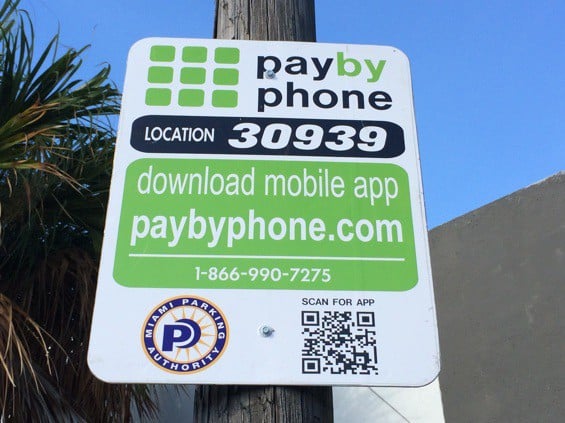
Parking further away:
Have good walking shoes. Find a side street, or head to another public lot and just plan for a very sweaty walk to your final beach destination. Do NOT risk parking at a grocery store parking lot or CVS lot. You WILL get towed in Miami as parking is a premium. Reefs are great flip flops that also make great walking shoes.
Bring the cooler WITH wheels. If you have to park far from your destination, at least make it easy on yourself. Bring the cooler with wheels, not your great gramma’s old cooler that’s been passed down from generation to generation and weighs 4 tons without ice in it. In general, make sure whatever you take to the beach can be easily hauled around… coolers on wheels, bring chairs that come in bags and straps, lightweight bags, etc. Or just hire a caddy… I have thought about it before.
3. Wind
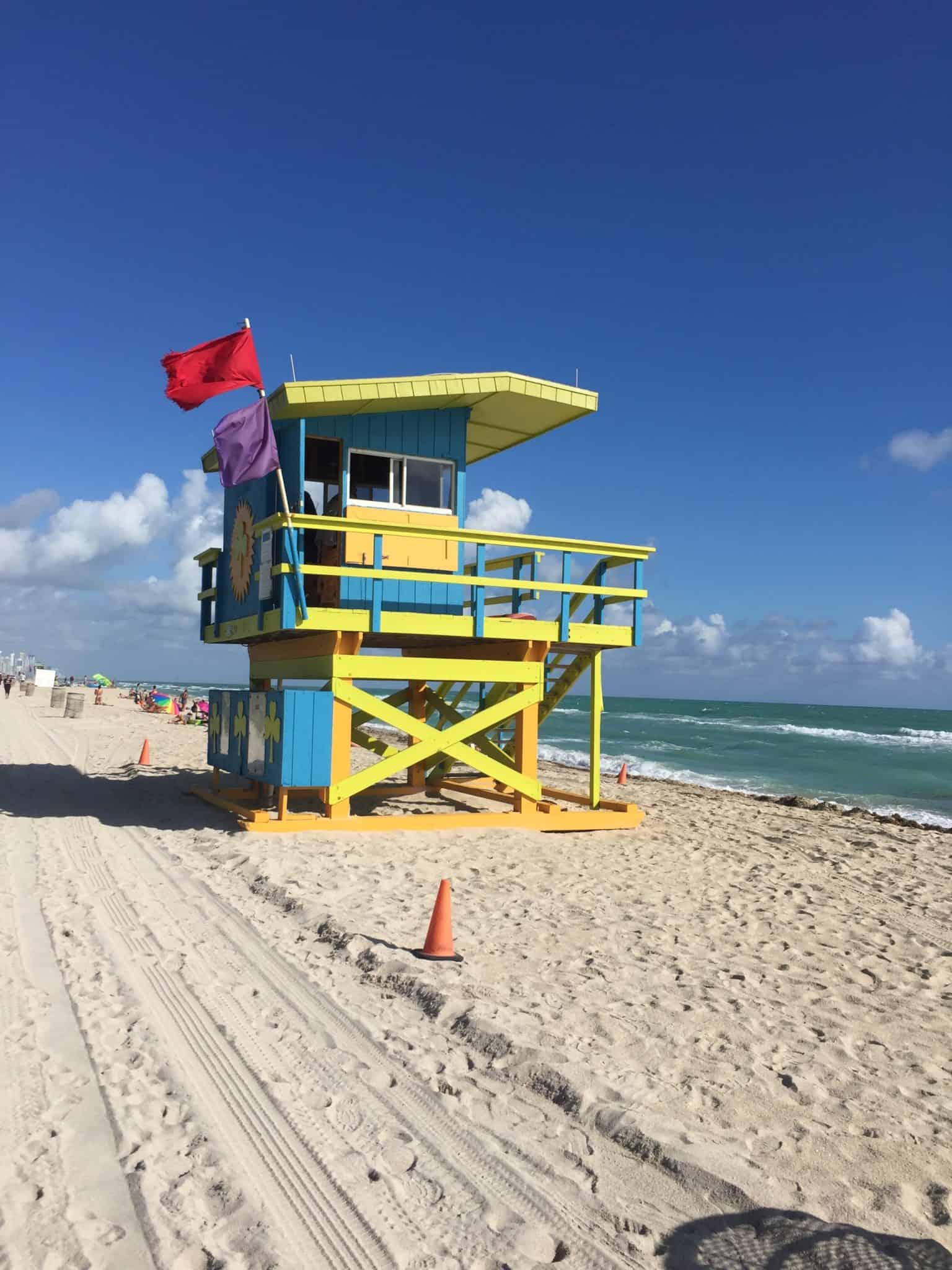
When it’s windy:
Ditch the umbrella. I have actually witnessed people lose many umbrellas at the beach. One time I watched one man struggle incessantly trying to put up an umbrella going against the wind… which never did work out. Just don’t bother and plan to wear a hat instead!
Bring a kite. Be a kid at heart and bring a kite with you! Or take up wind-surfing… because that works too!
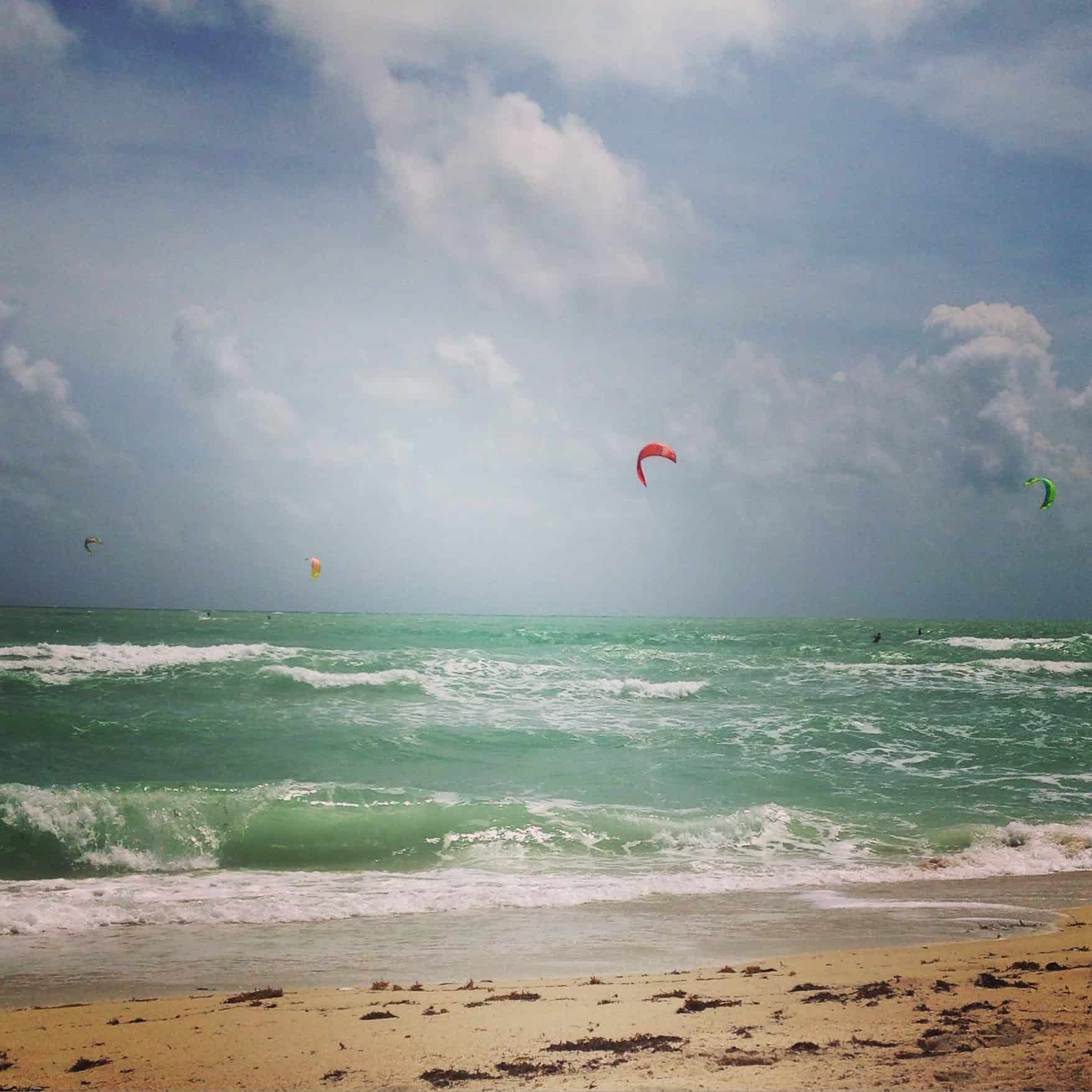
Swim carefully. Windy days will kick up the current and make the ocean rougher. Just be careful and stick close to shore.
When you feel a hurricane coming:
The Sand BBs. When it’s so windy that the sand is pelting against your skin it’s uncomfortable to say the least. My brother and I call it the “sand BBs” as we assimilate it to getting hit by a BB gun. Don’t worry, the sand BBs don’t cause any real damage… it’s just uncomfortable in the moment. Cover up with your towel during strong gusts if needed!
Your stuff blows away. Well you can always buy it again. Keep your items zipped up and in your bags as much as possible.
A hurricane is coming. Hurricane season lasts from June through November and I have had a few hurricane scares while down here. The most common cause of injury and death during hurricanes is actually due to the flying objects that hit people because of the wind. When I first moved to Miami, my boss said that hurricanes bring up a lot of sea treasure, and that it’s a good time to scour the beach for gems! No THANK YOU! Stay aware of hurricanes and ditch the beach day if one is coming.
4. Wildlife Encounters
Safely swimming with wildlife:
Go Snorkeling. If you want to see some great underwater life, then plan a trip to snorkel! There are plenty of snorkeling tours that head out of the keys that are a great deal, know where to take you, and have all of the equipment for rent that you will need. If you are just saying put on the beach for the day just take note of the life guards nearby. They will have a flag up when there is dangerous wildlife in the ocean. Just heed their advice, and always ask them what’s going on if you need more information. There’s plenty of times that the flag is up but it’s still safe to swim… just be aware of your surroundings.
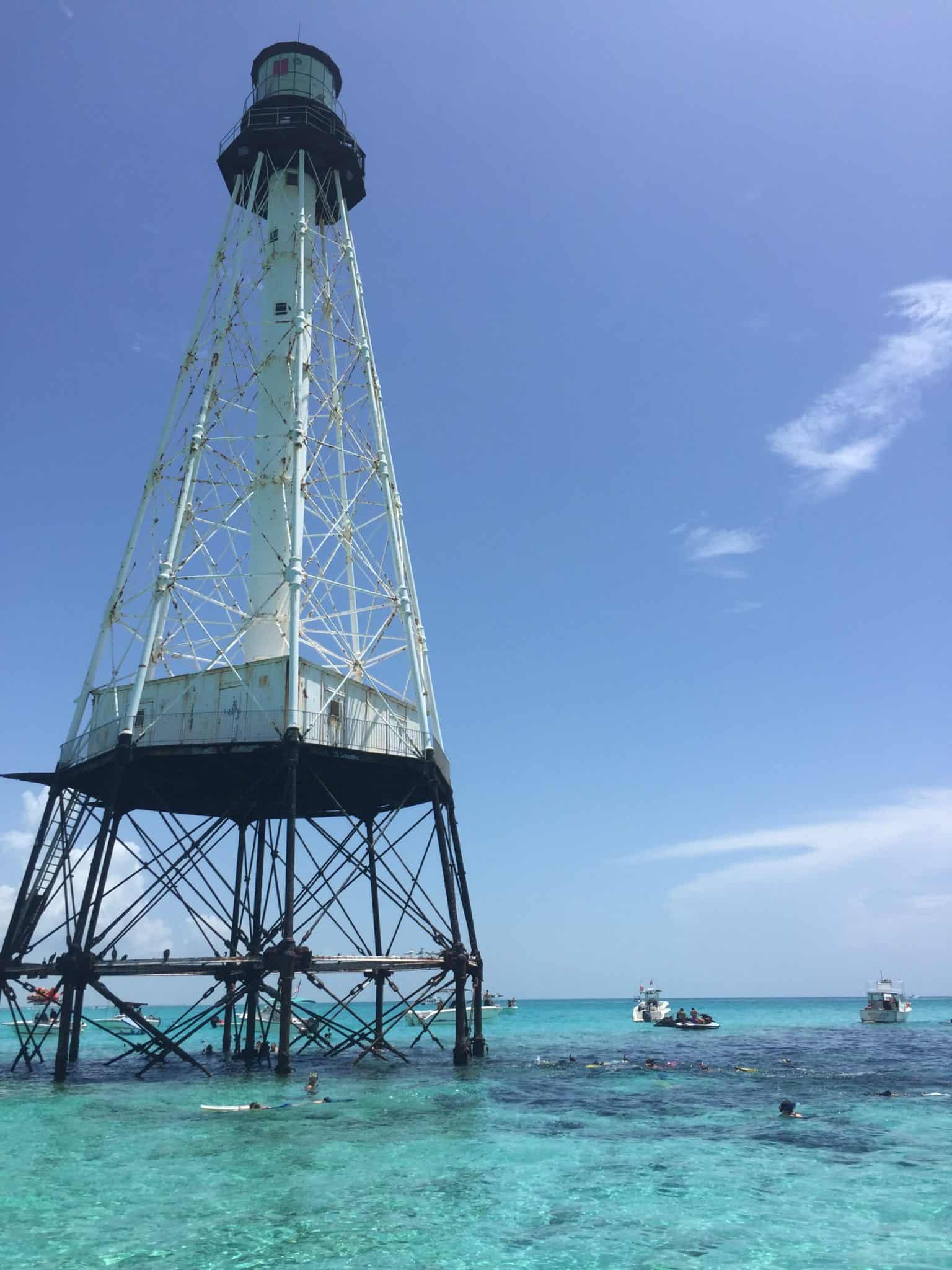
Prepare for mosquitoes. During the summer the mosquitoes are out and about, as the summer months are less windy. Certain areas of Miami have a heavier mosquitoes population than others (Coconut Grove, the keys, etc), so bring a long some bug spray or a bug spray/ sunscreen combo to prepare.
When Nemo finds YOU:
Jelly Fish Stings. You will react to a jellyfish sting the same way you react to a bee sting. If you are allergic to bees like I am, this is very important. Have your epipen with you if you plan on being in the ocean. Jellyfish have seasons, so sometimes you will see more of them than others. The Portuguese man of war jellies are especially nasty, so be extra careful if swimming during their peak season and watch for them on the beach. Even if they are dead, they can still sting you. If you do get stung, scrapping the area with a credit card or ID card actually provides instant relief as it scrapes out any remaining stingers! Do not pee on your friend’s jellyfish sting! (I know you’ve heard of that myth). You can take an IB profin to help reduce the swelling and decrease the pain symptoms. If it’s a severe sting, or you have an allergic reaction, by all means pack up and head to the hospital.
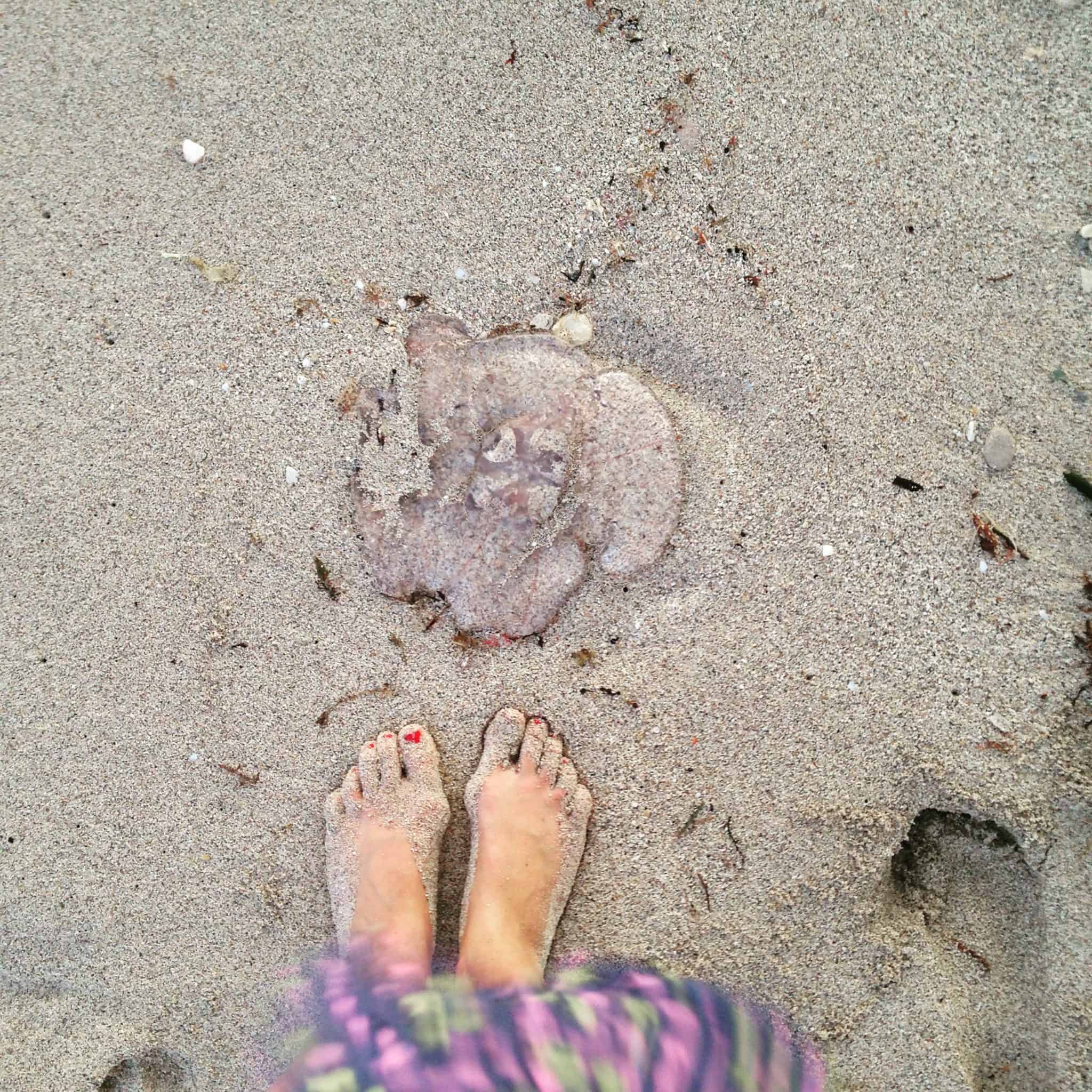
You’re eaten alive. Coming back from the beach covered with bites is no fun. I’ve found that HEAT helps to cure the itch more than any cream, lotion, gel or pill for anti-itch relief that I’ve ever found at CVS. Soaking in a hot bath helps OR you can even hold a hot hair dryer to your bites… do this for as long as you can stand the heat. I’m telling you, it sounds crazy but it works to relieve the itch!
5. Fishing Trip Mishaps
Safely fishing:
Book a charter boat. There is plenty of fish to be caught in Miami. There are group charter boats that you can book for either a half day or a full day, and the staff on board even provides the fishing equipment, helps to bait your hook, removes your caught fish, and cleans your fish upon return (tips are expected). You can also book private tours or head out with a friend on their boat. Just know how long they plan to be out, what equipment you’ll need to bring along (if any), be prepared with bug spray and plenty of food & water, and pack a Dramamine just in case! Also be aware of what fish is in season. Florida has guidelines on what fish can be caught when, how many you can keep per person, and what size the fish needs to be in order for you to keep it.
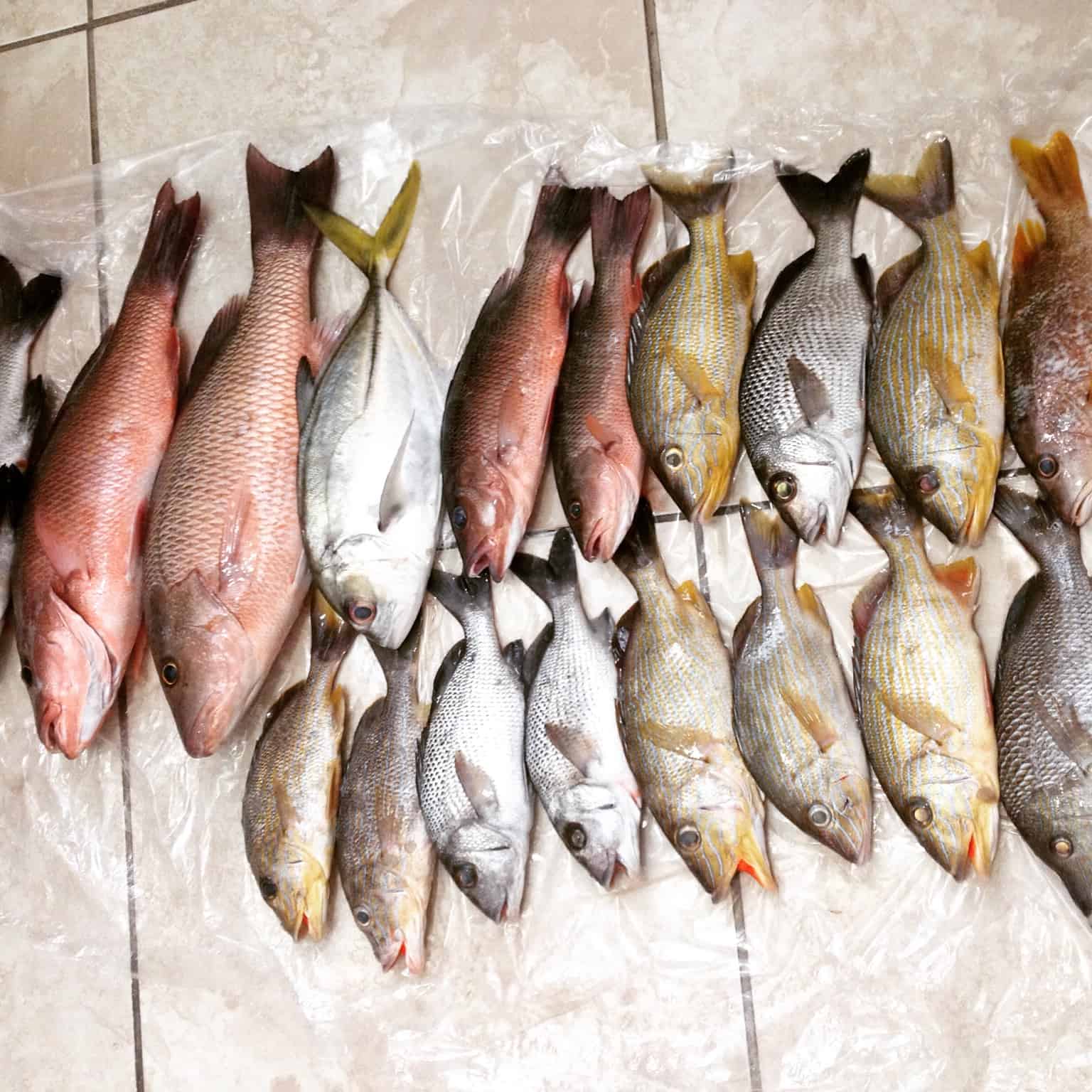
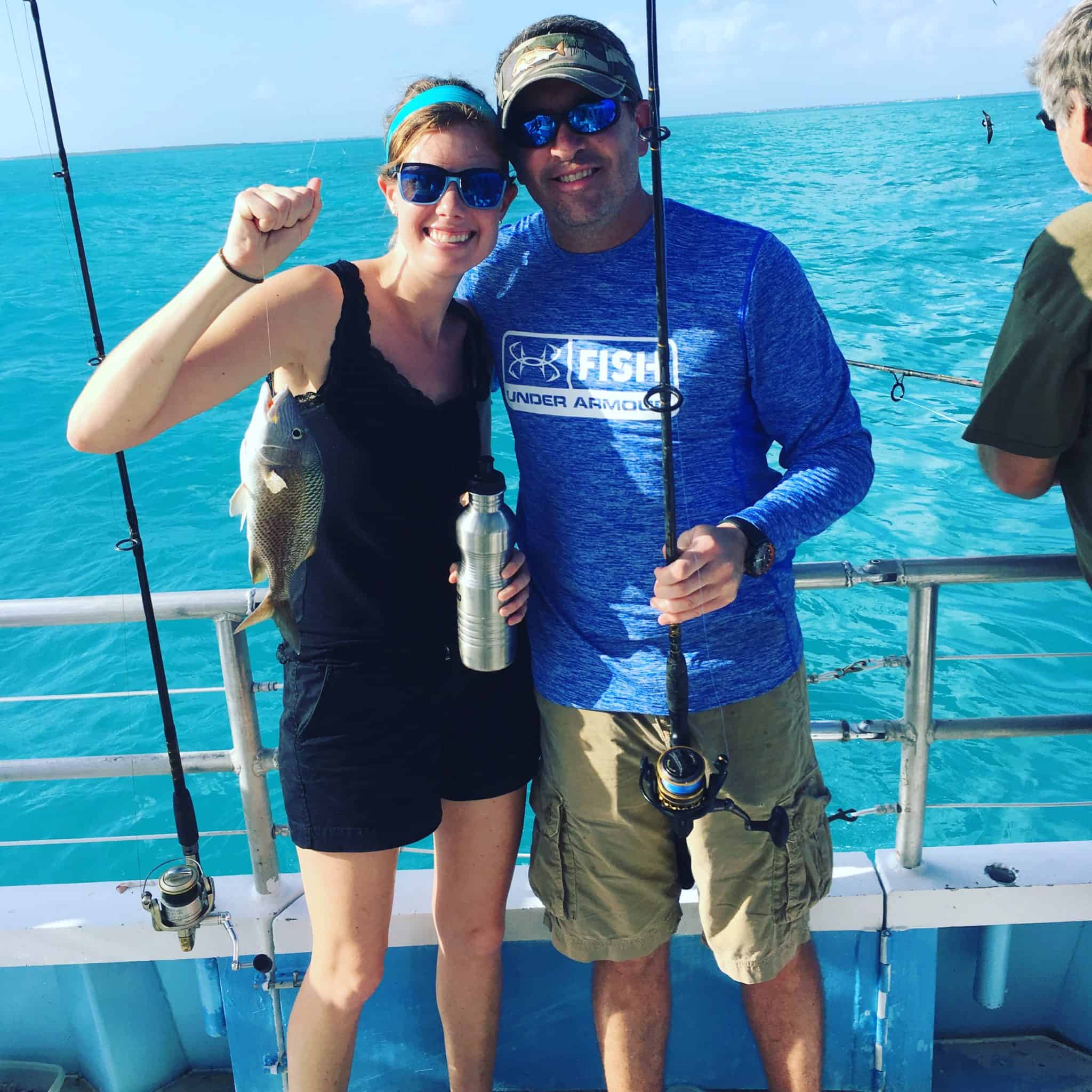
Fishing on your own:
“Gone” Fishing. You thought you were going fishing but now you’re “lost” at sea. This has happened to me before! Somehow I ended up on an overnight fishing trip, when I thought I was getting invited to a sunset boat ride. I don’t think I caught one fish, got eaten alive by mosquitoes, and ran out of food before then sun ever set. Communicate ahead of time, know where you’re going, and pack plenty of bug spray and food for long boating trips. A boating fishing trip is a lot different than a boating trip!

